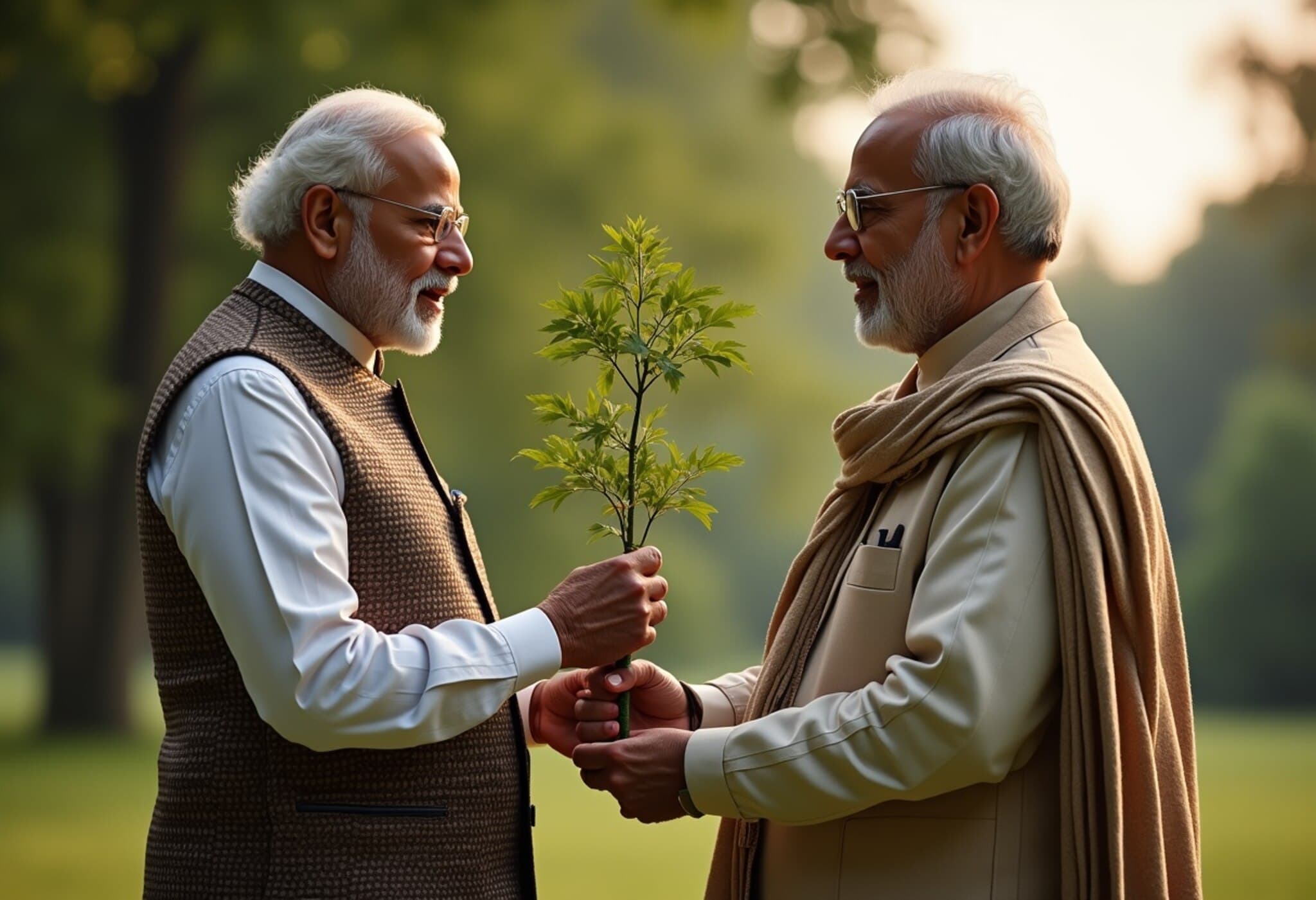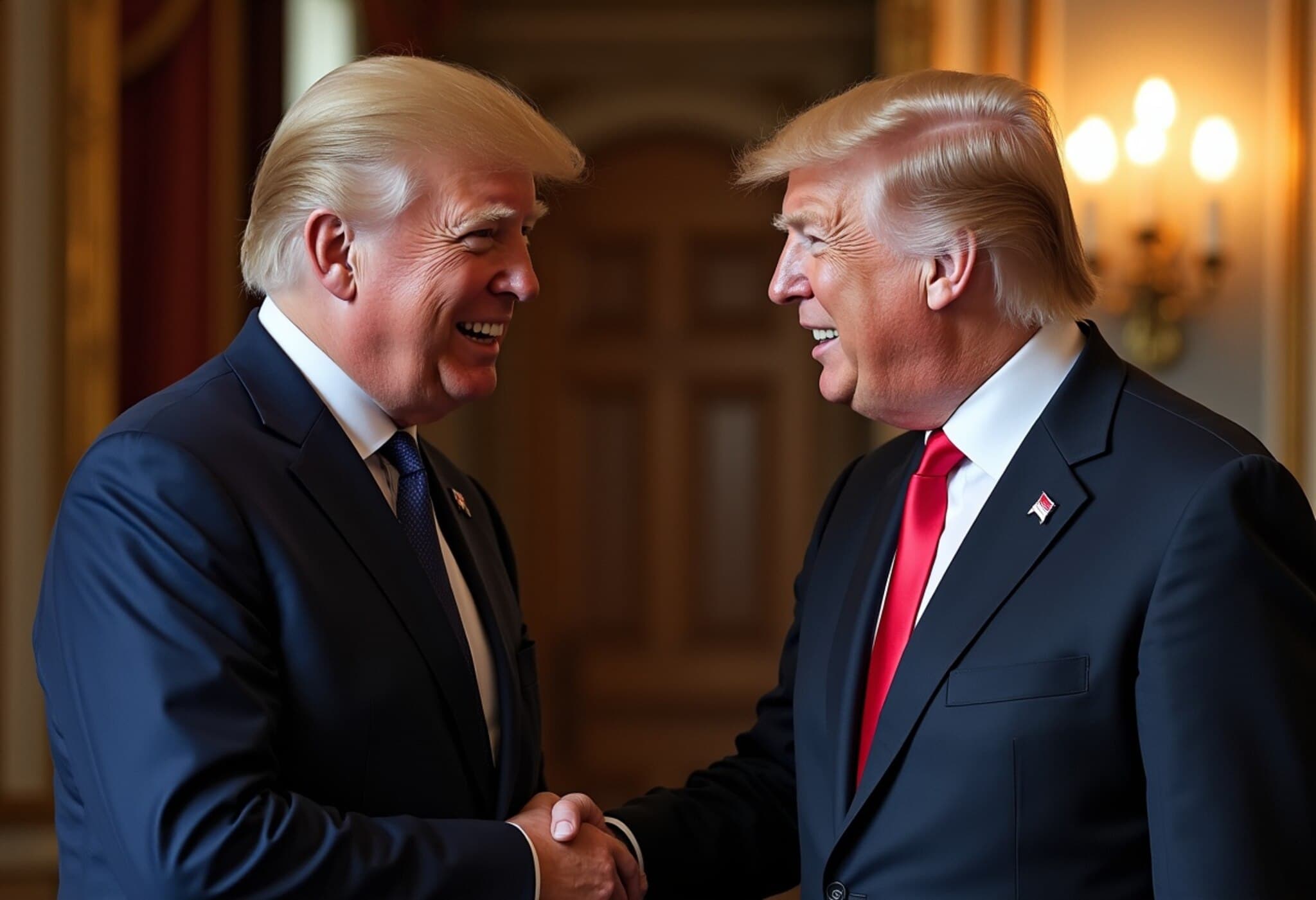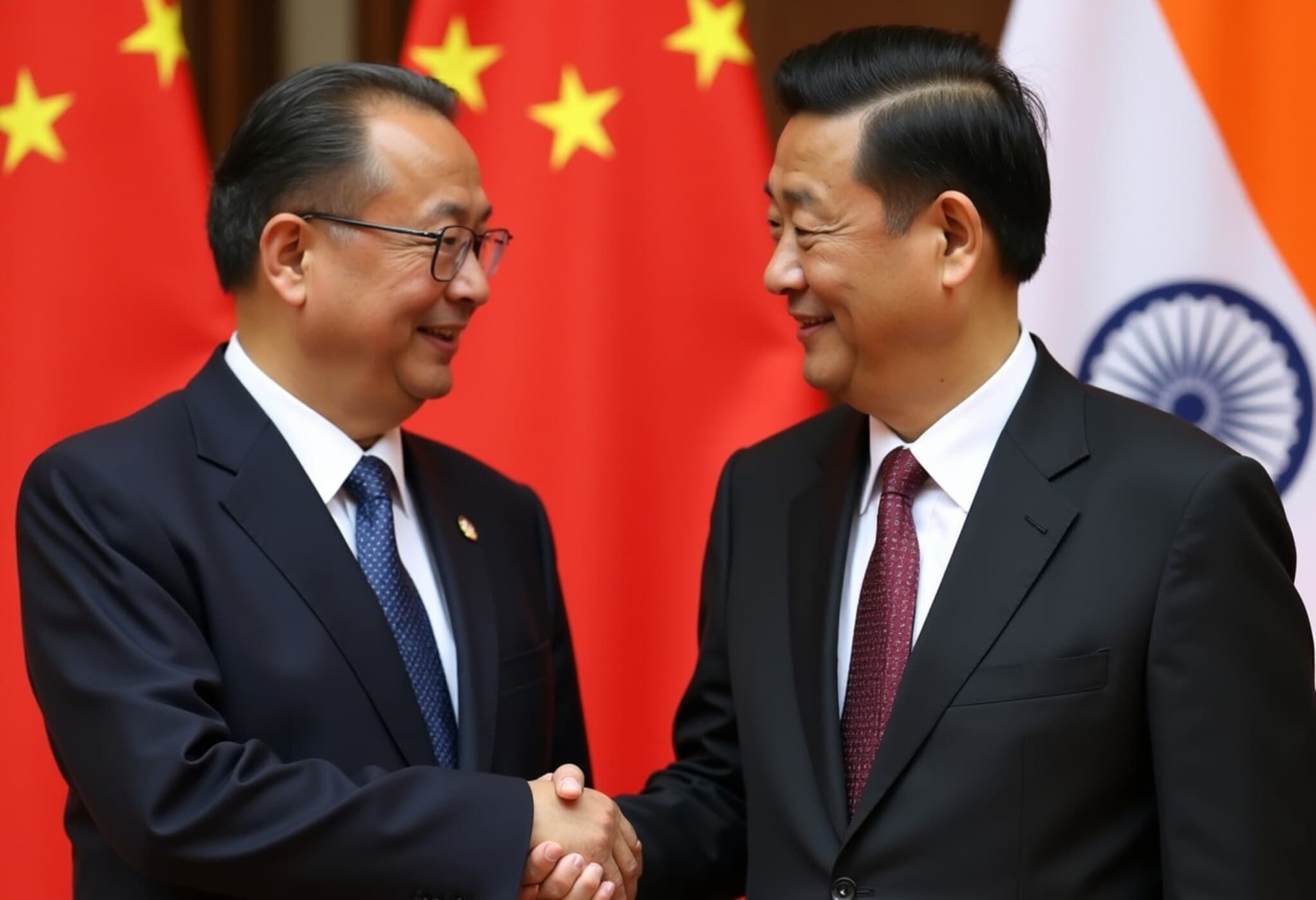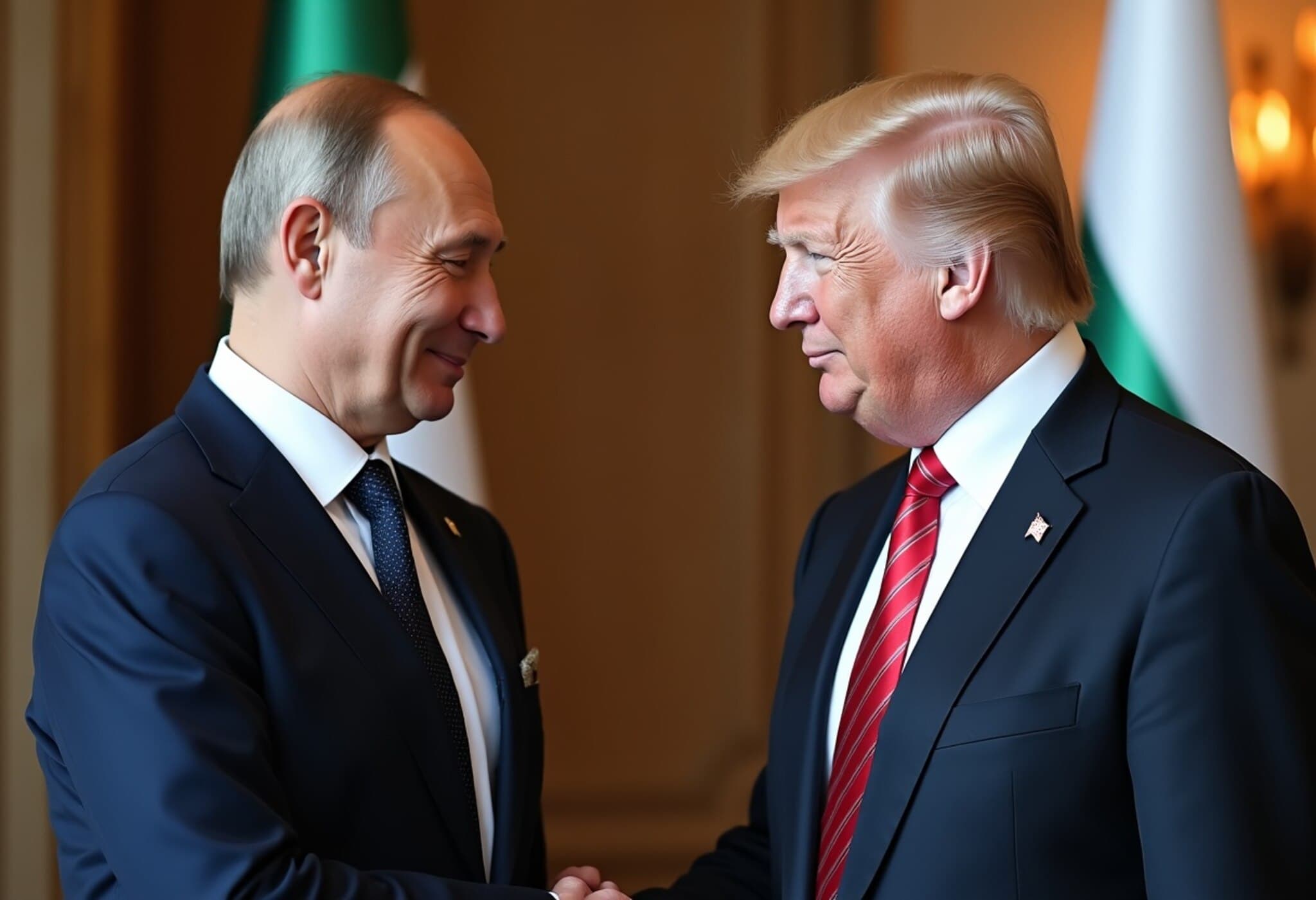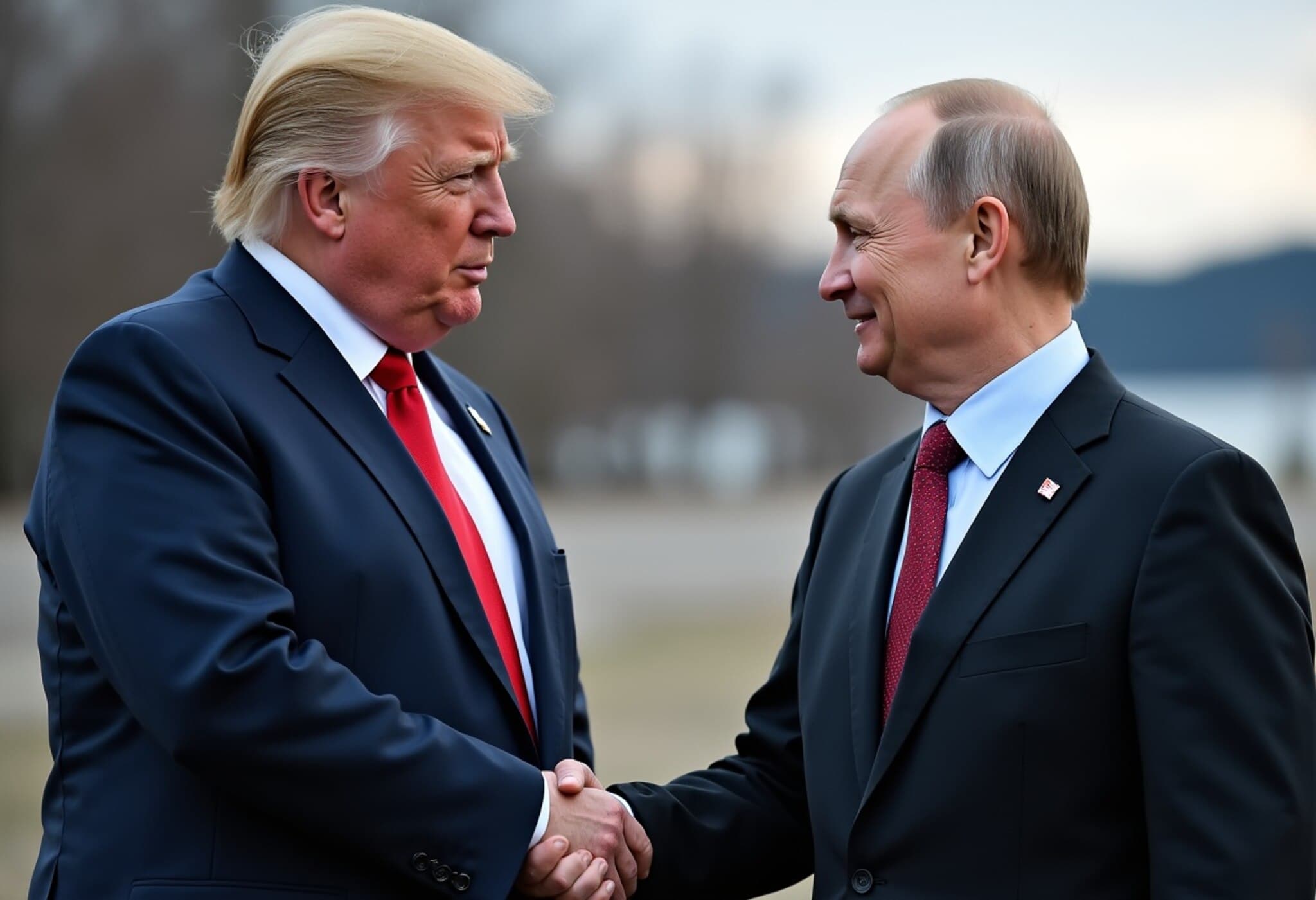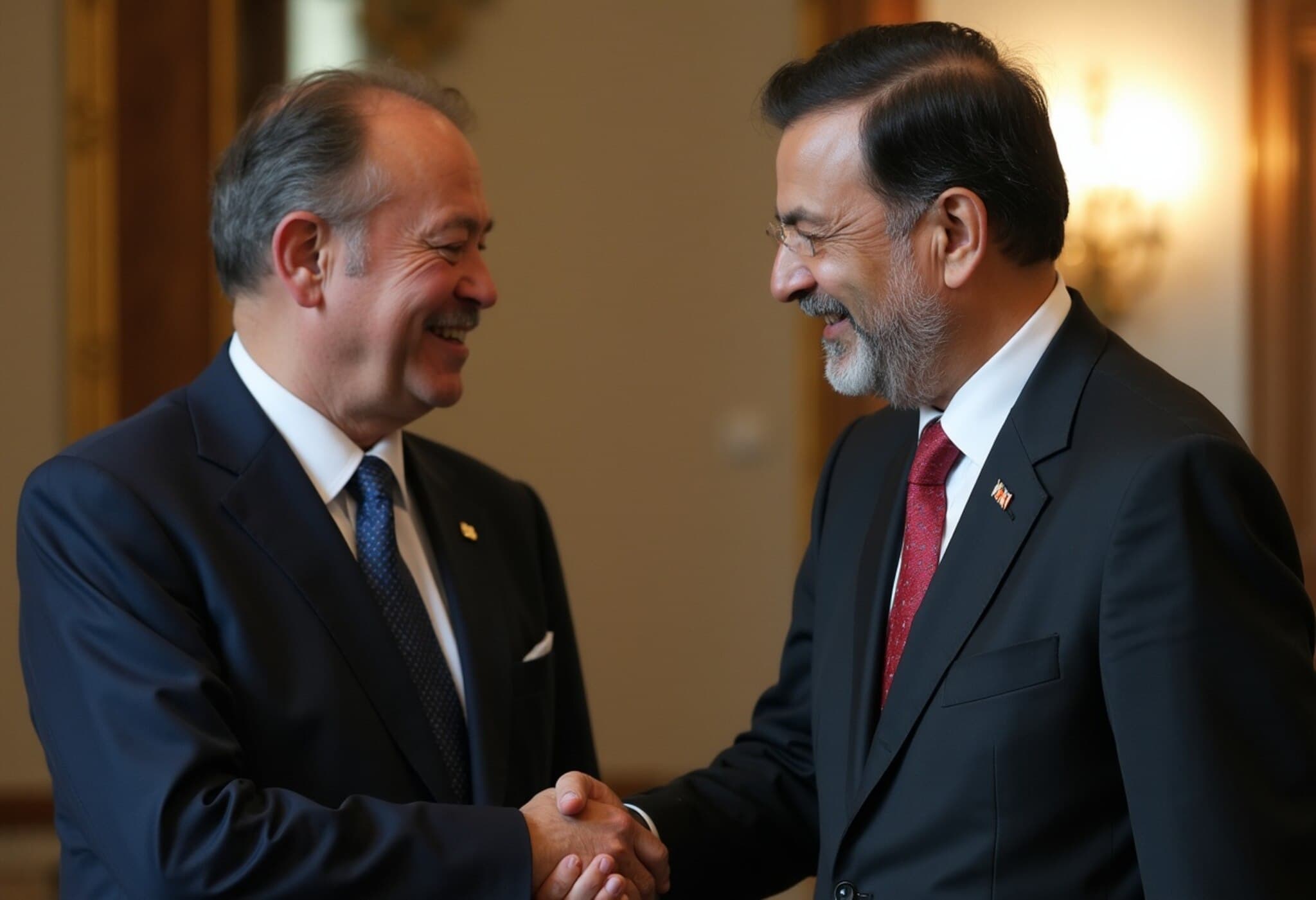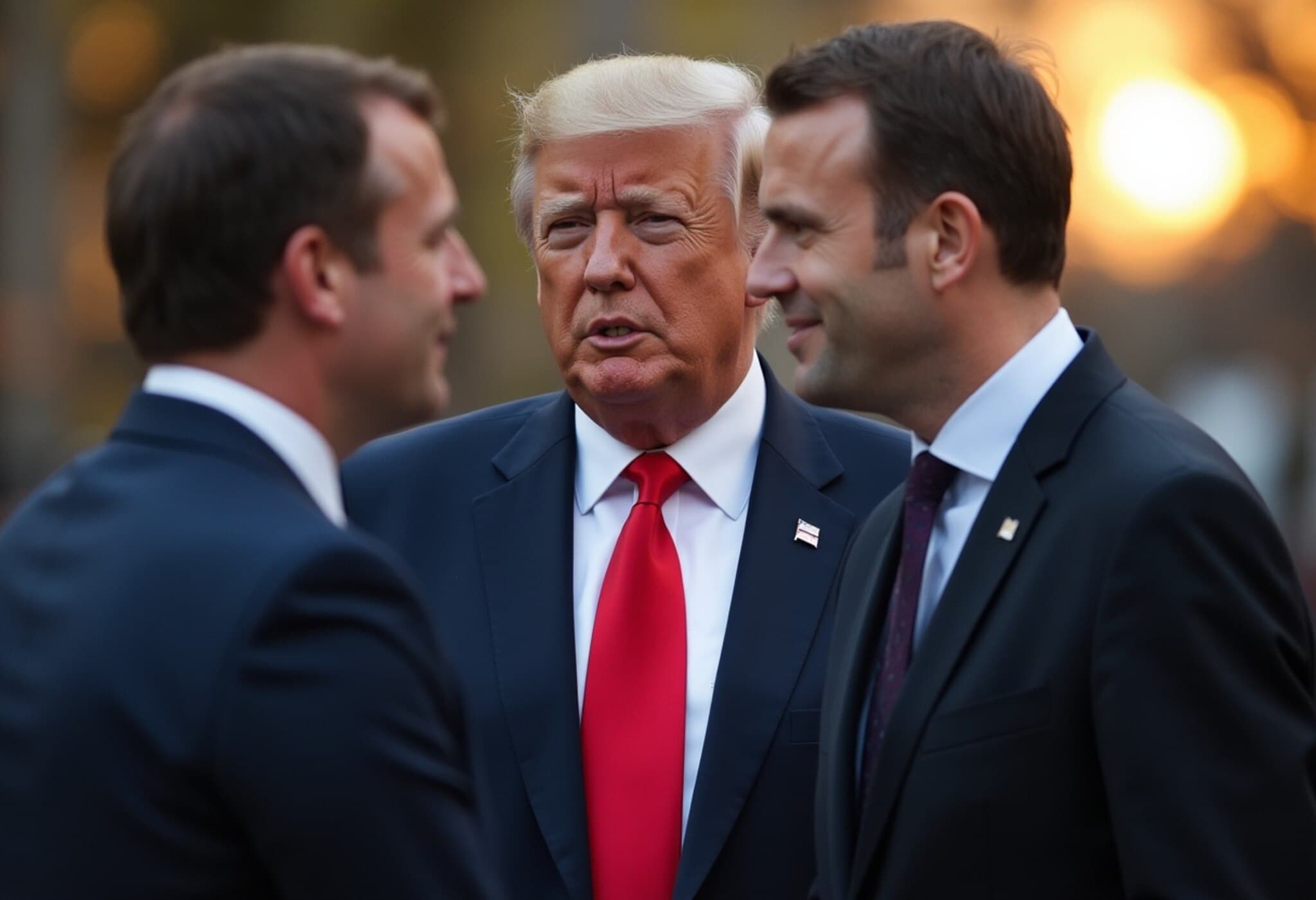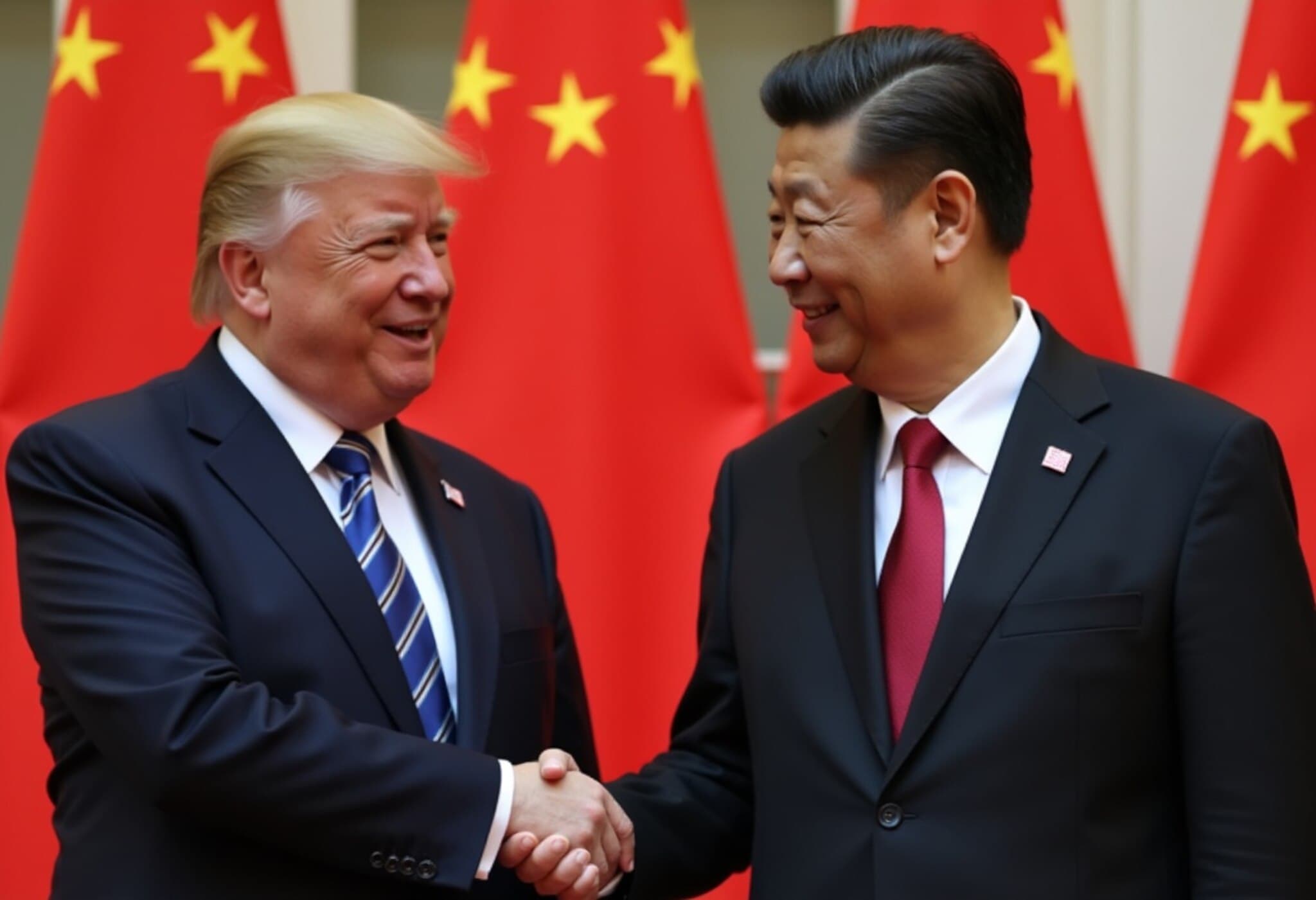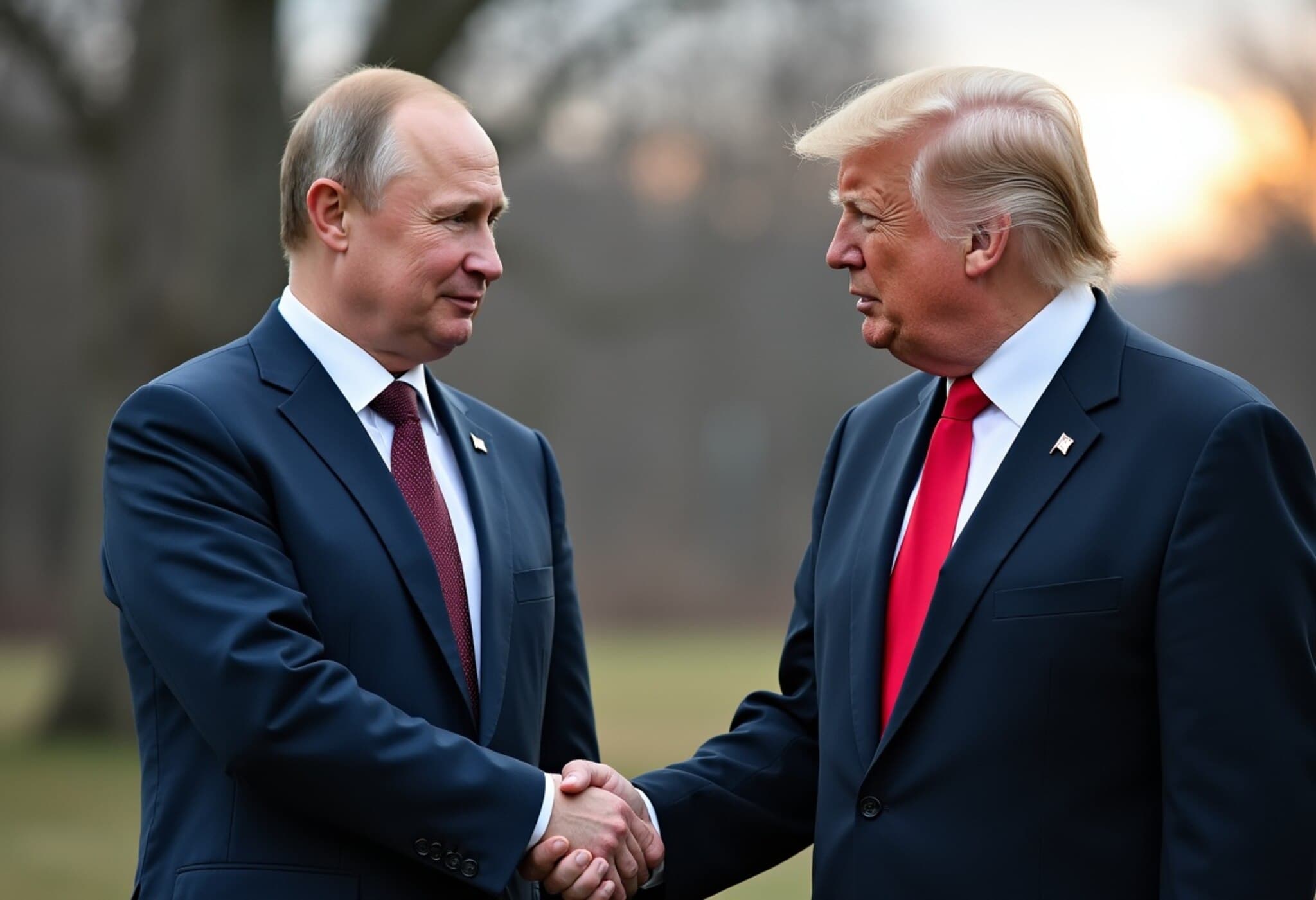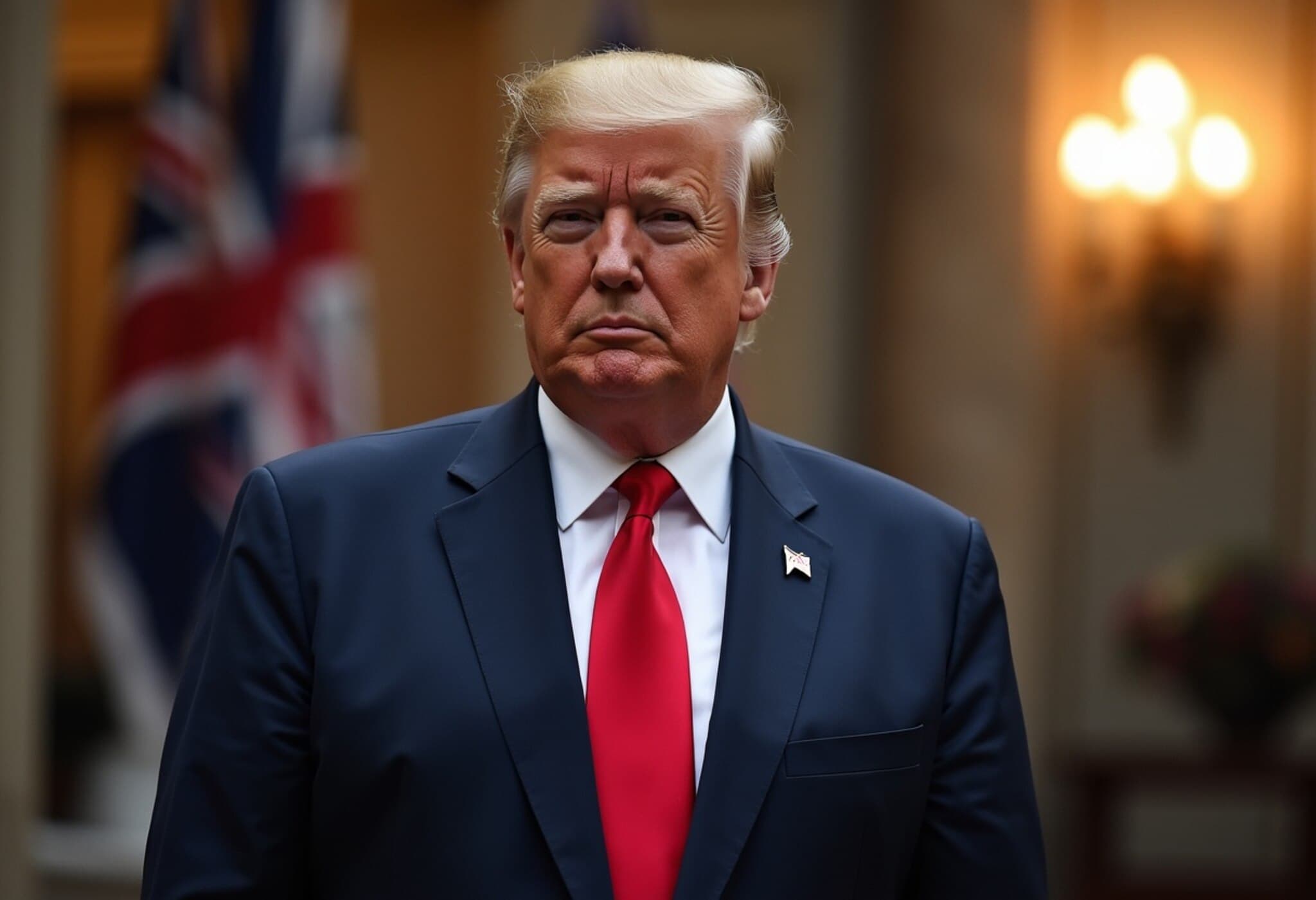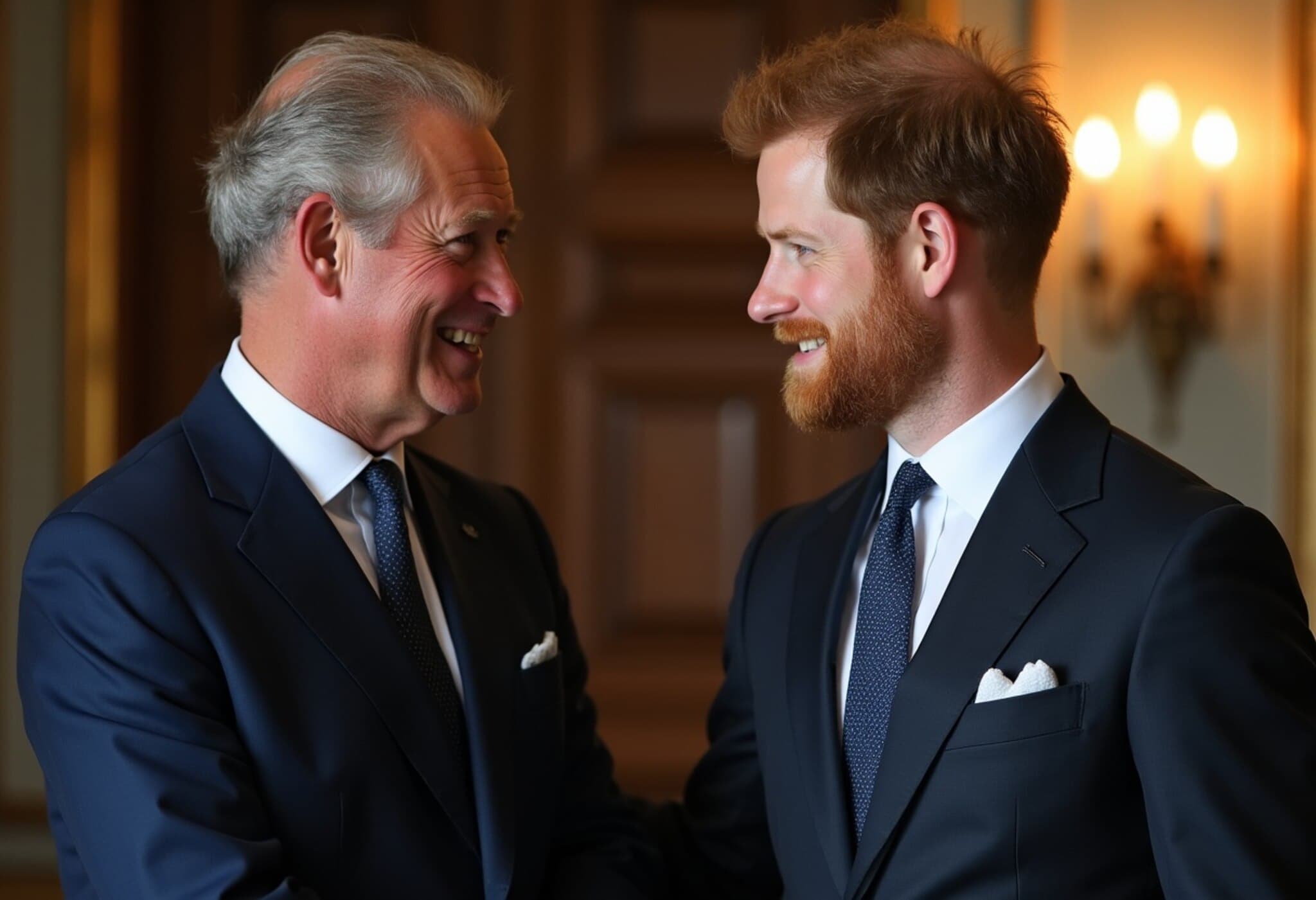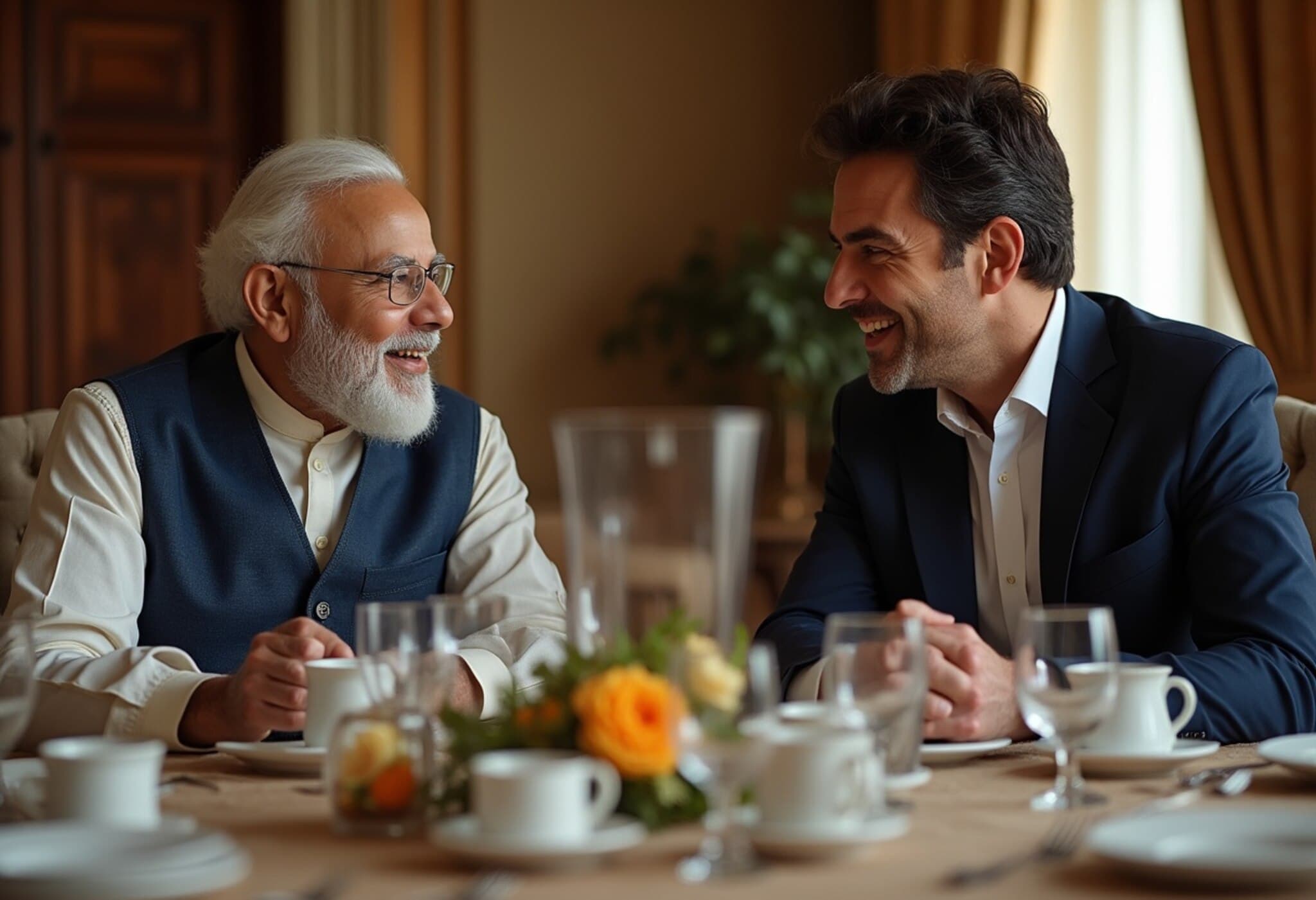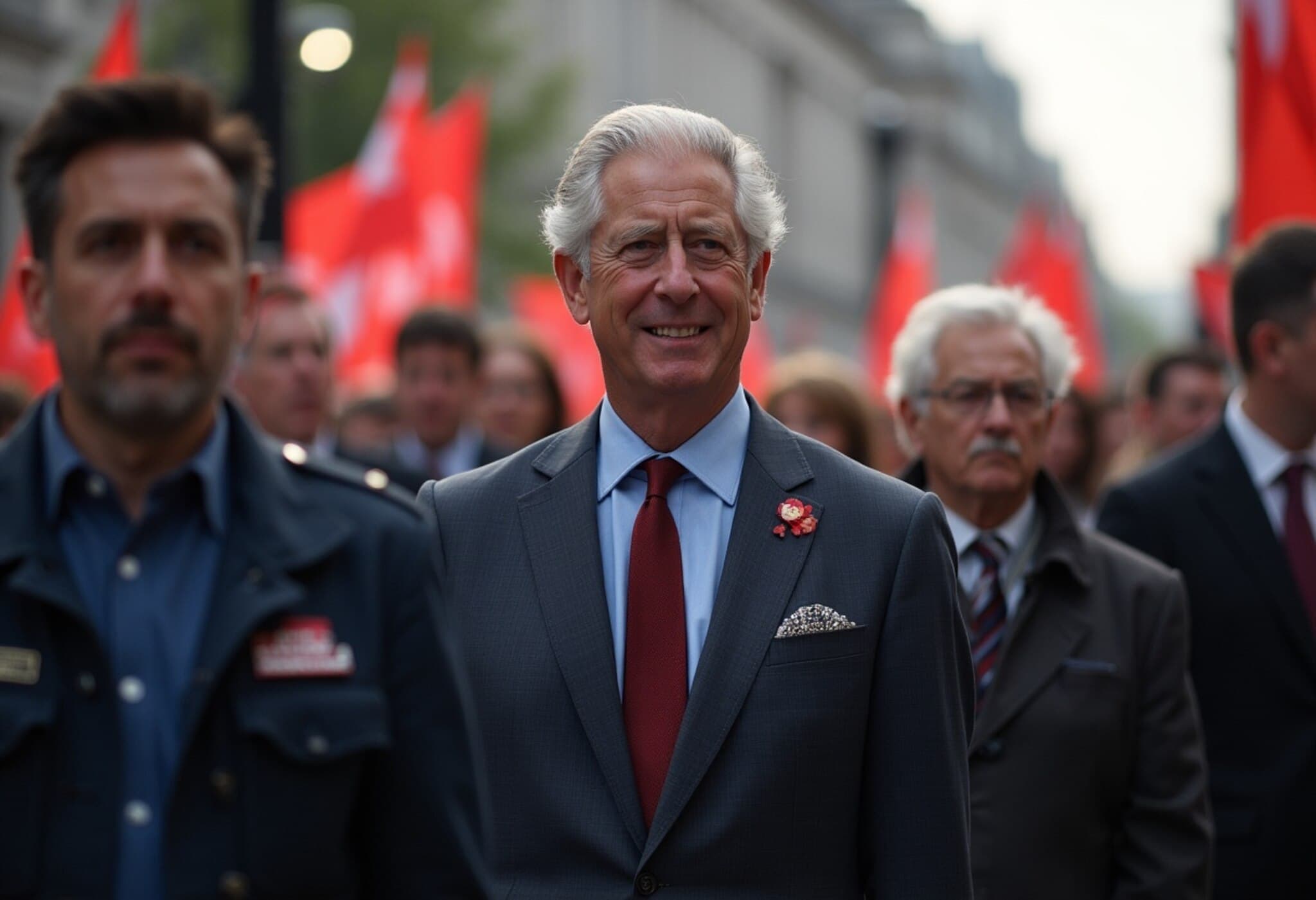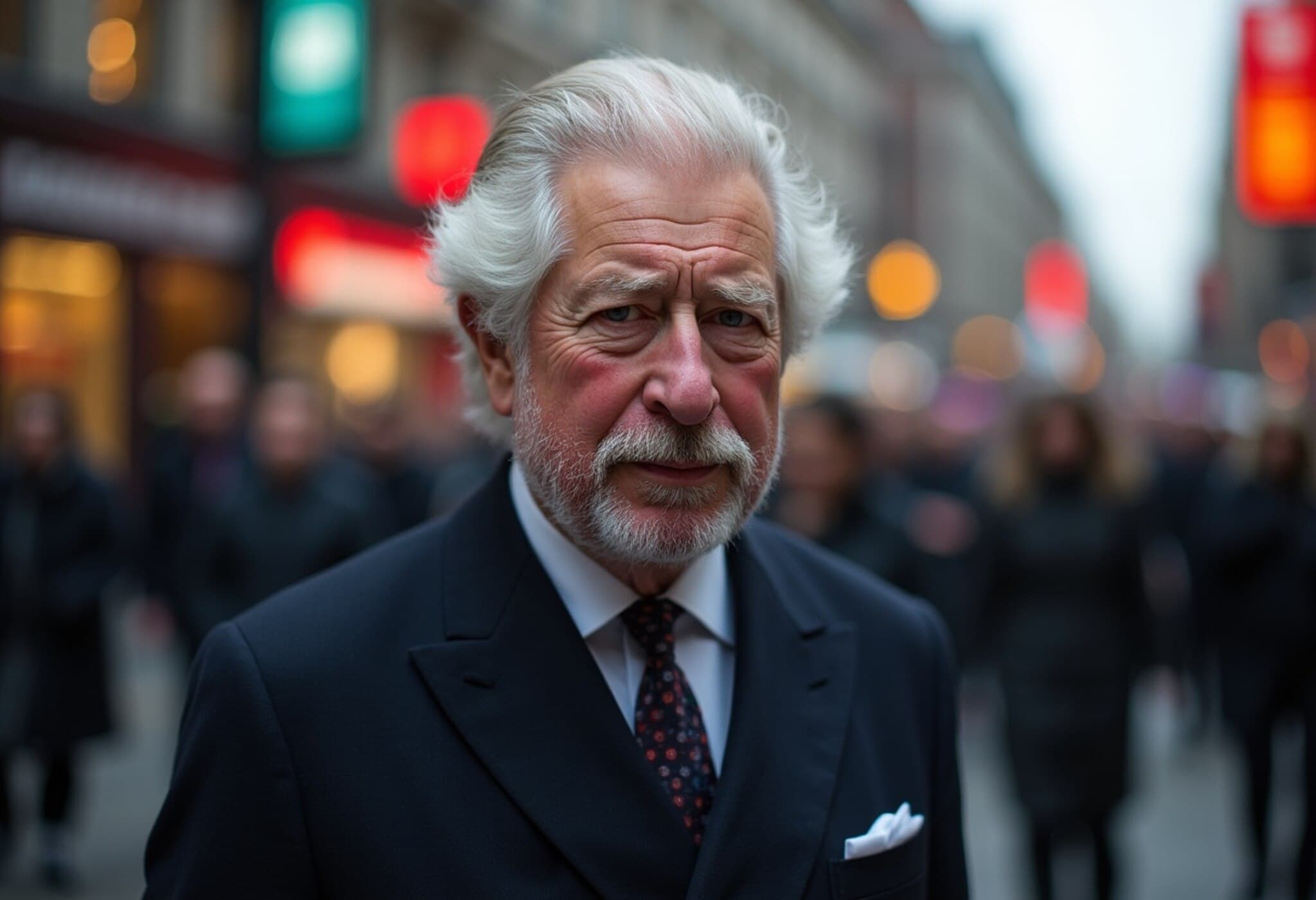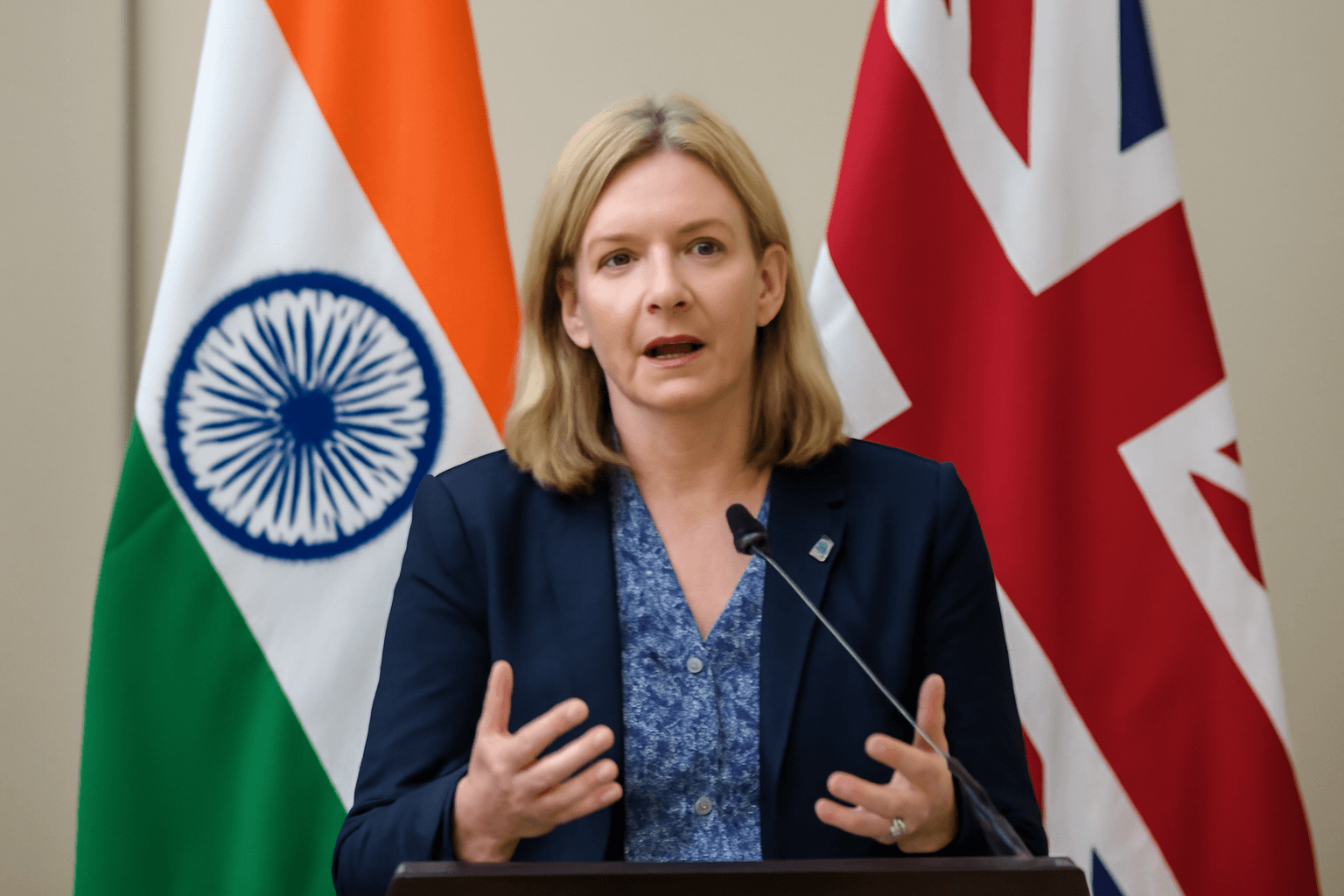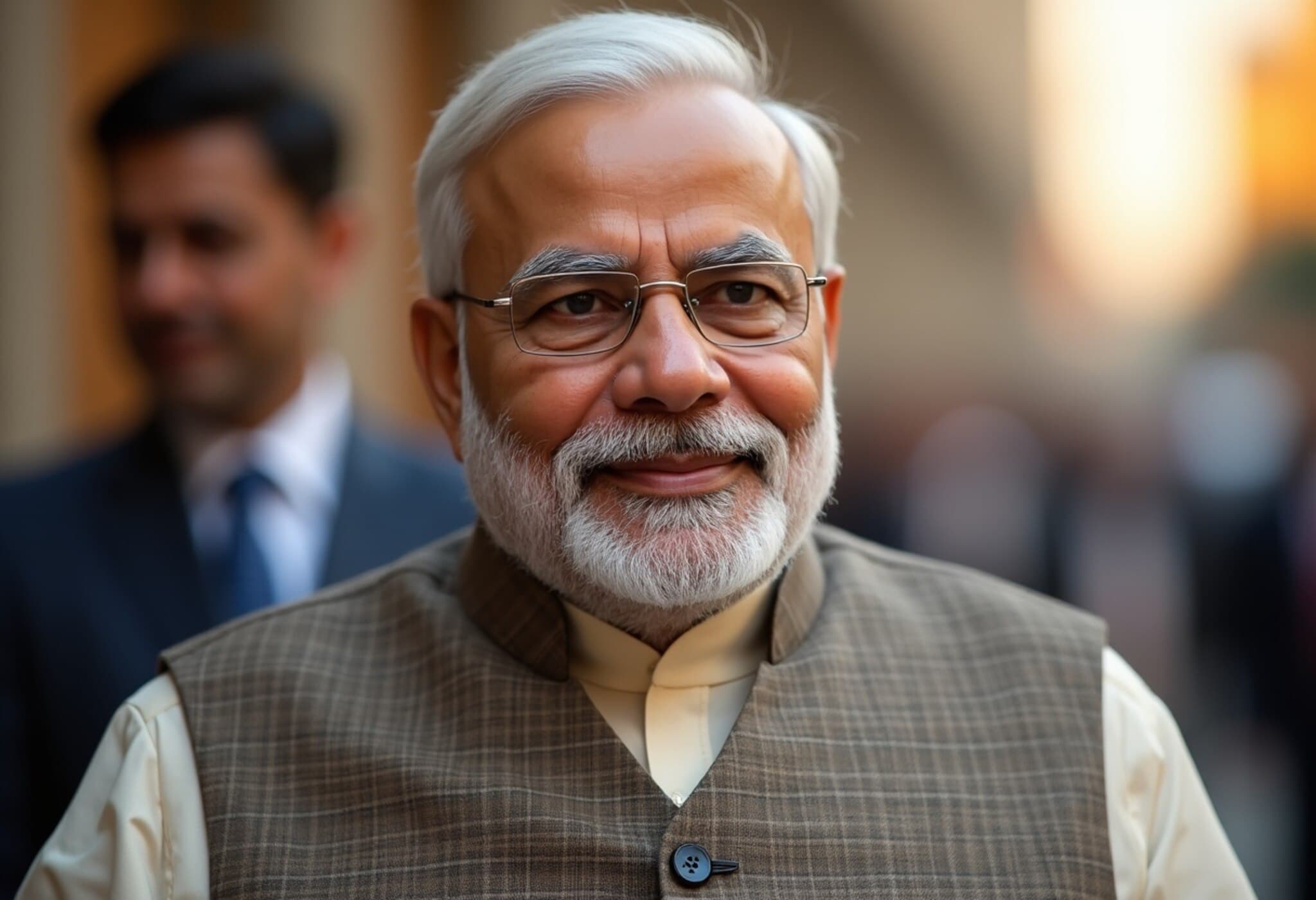PM Modi Presents Tree Sapling to King Charles III at Sandringham Estate
During a significant diplomatic engagement on July 24, 2025, Indian Prime Minister Narendra Modi gifted a tree sapling to King Charles III as part of his environmental campaign, “Ek Ped Maa Ke Naam”. The meeting took place at the historic Sandringham Estate in Norfolk, eastern England, underscoring the growing partnership between India and the United Kingdom with a shared vision for sustainability and green initiatives.
‘Ek Ped Maa Ke Naam’: A Tribute through Nature
The sapling, a Davidia involucrata ‘Sonoma’, commonly called the Sonoma dove or handkerchief tree, was chosen not only for its natural beauty but also its symbolic significance. Known for its large, fluttering white bracts that resemble handkerchiefs or doves, the species is notable for early flowering within just two to three years—making it a fitting emblem of swift and flourishing growth.
This initiative encourages people across India and beyond to honor their mothers by planting a tree, fostering both environmental stewardship and emotional connection. King Charles is expected to plant the sapling during the coming autumn season, continuing his well-documented commitment to environmental causes.
Broadening the India-UK Relationship
In a detailed social media post on X (formerly Twitter), PM Modi described the meeting as “very good” and highlighted discussions ranging from trade and investment opportunities under the recently signed Comprehensive Economic and Trade Agreement (CETA) to cultural collaborations involving Yoga and Ayurveda—fields where both leaders show keen interest.
The India-UK Free Trade Agreement (CETA), signed earlier that week at Chequers—the official country residence of UK Prime Minister Keir Starmer—marks a watershed moment in strengthening economic ties, potentially unlocking massive new avenues for bilateral trade and investment through 2035 and beyond.
Shared Values Beyond Trade
More than just commercial interests, the dialogue emphasized health and wellness, environmental protection, and education—highlighting the multifaceted relationship between these two vibrant democracies. King Charles' longstanding passion for holistic and environmental causes aligned seamlessly with PM Modi’s vision of sustainability.
Reflecting on people-to-people connections, Modi also celebrated cultural bonds, notably cricket—a sport that unites millions across both countries. At Buckinghamshire Street Cricket Hubs, Modi engaged with young players, presenting them with a cricket bat signed by the victorious Indian T20 World Cup team, and also admired the Premier League, recognizing football’s surging popularity among Indian youth.
Contextualizing the Visit: Environmental Leadership and Economic Prosperity
This royal audience comes at a critical global moment when climate change discussions and sustainable development goals are front and center. The gifting of a tree—a living, growing symbol of ecological commitment—not only reinforces personal goodwill but also underlines the increasing alignment of India and the UK in tackling global environmental challenges collaboratively.
From an economic policy perspective, the visit and the accompanying signing of CETA provide a critical boost to post-Brexit UK’s strategy to deepen ties with emerging economies. For India, it is a step toward expanding its global trade footprint and enhancing bilateral investments, especially in green technologies and wellness sectors.
Next Chapter: Maldives and Beyond
Following his productive UK visit, PM Modi will continue his diplomatic tour in the Maldives as the Guest of Honour for Independence Day celebrations. This reflects India’s broader regional engagement strategy while sustaining momentum on international cooperation.
Editor’s Note
PM Modi’s gifting of a Sonoma dove tree sapling to King Charles III is more than a ceremonial gesture. It symbolizes the intertwining of ecological consciousness with diplomatic strategy, highlighting a vision where environmentalism and economic partnerships coalesce. As India and the UK deepen ties through trade, culture, and shared values, this moment invites reflection on how global leadership can harmonize growth with sustainability—an urgent imperative for nations worldwide.
Key questions for readers:
- How can symbolic acts like gifting tree saplings translate into tangible environmental policies?
- What does the India-UK Free Trade Agreement mean for sustainable economic development?
- In what ways can cultural exchange, such as sports and wellness traditions, reinforce diplomatic relations?
Understanding these intersections offers vital insights into the shape of international cooperation in the 21st century.

